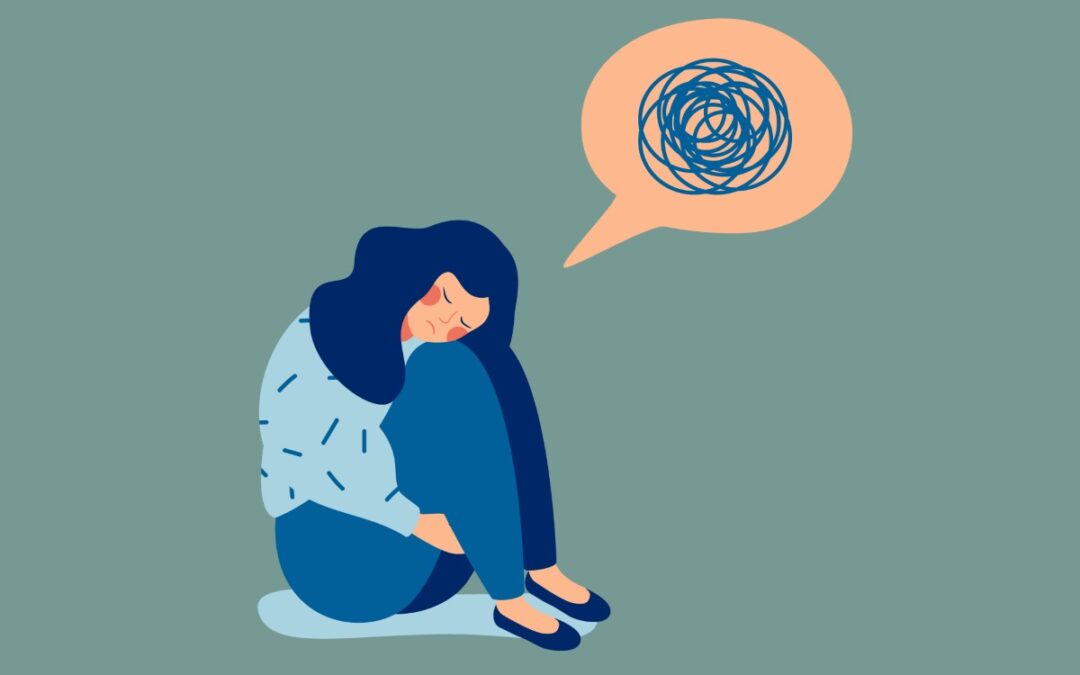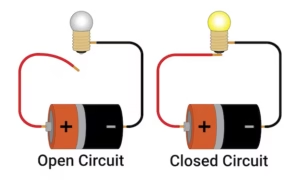Anxiety is a common mental health issue that affects millions of people around the world. It can be debilitating, causing overwhelming fear, nervousness, and worry that interferes with daily life. Fortunately, there are many effective ways to manage anxiety, one of which is through medication. In this article, we’ll walk you through everything you need to know about anxiety medications, including how they work, the different types available, and their potential side effects.
What is Anxiety?
Before diving into medications, it’s essential to understand what anxiety is. Anxiety is a natural human response to stress, but when it becomes excessive, it can turn into an anxiety disorder. This condition can cause people to feel persistently nervous, tense, or even panicked, often without an obvious reason. Symptoms include rapid heartbeat, restlessness, fatigue, difficulty concentrating, and trouble sleeping.
Types of Anxiety Disorders
Anxiety isn’t one-size-fits-all. There are different types of anxiety disorders, each with its own characteristics.
Generalized Anxiety Disorder (GAD)
Generalized Anxiety Disorder is marked by chronic, excessive worry about a variety of topics such as work, health, or social interactions. People with GAD often find it difficult to control their worrying and may feel anxious most days.
Panic Disorder
Panic Disorder is characterized by sudden and intense episodes of fear, known as panic attacks. These attacks can cause symptoms like heart palpitations, sweating, trembling, and a feeling of impending doom.
Social Anxiety Disorder
Social Anxiety Disorder involves an intense fear of being judged, embarrassed, or humiliated in social situations. This can make it hard to engage in everyday activities like talking to strangers or even eating in public.
Specific Phobias
Specific phobias are extreme fears of particular things or situations, such as heights, flying, or spiders. These fears can trigger severe anxiety when the person encounters the object of their phobia.
How Anxiety is Treated
There are various ways to treat anxiety, ranging from therapy to lifestyle changes. Cognitive-behavioral therapy (CBT), for example, is highly effective for many people. However, when therapy alone isn’t enough, medication can be a useful tool in managing anxiety symptoms.
Types of Anxiety Medications
There are several categories of medications that doctors commonly prescribe for anxiety disorders. Each type works differently, and the choice of medication often depends on the type of anxiety you have and your specific needs.
Antidepressants
Though they’re primarily used to treat depression, antidepressants are often effective in treating anxiety disorders as well. They work by altering the balance of certain chemicals in the brain that affect mood and anxiety levels.
SSRIs (Selective Serotonin Reuptake Inhibitors)
SSRIs are one of the most commonly prescribed types of antidepressants for anxiety. Medications like sertraline (Zoloft) and fluoxetine (Prozac) fall under this category. They increase serotonin levels in the brain, which can improve mood and reduce anxiety.
SNRIs (Serotonin and Norepinephrine Reuptake Inhibitors)
SNRIs, such as venlafaxine (Effexor) and duloxetine (Cymbalta), work similarly to SSRIs but also impact norepinephrine levels. They are another option for treating anxiety, particularly when SSRIs aren’t effective.
Benzodiazepines
Benzodiazepines are a class of drugs that provide quick relief from anxiety symptoms. Common examples include alprazolam (Xanax) and diazepam (Valium). However, they are typically prescribed for short-term use because of the risk of dependence.
Short-term vs Long-term Use
While benzodiazepines can be highly effective in the short term, they aren’t ideal for long-term treatment. Over time, your body can become tolerant, meaning you’ll need higher doses to achieve the same effect. This increases the risk of dependence and withdrawal symptoms.
Beta-Blockers
Beta-blockers, usually used to treat heart conditions, can also help with anxiety, especially performance anxiety. They don’t change how you feel mentally but help manage physical symptoms like rapid heartbeat and trembling.
Buspirone
Buspirone is a medication specifically designed to treat anxiety. It’s different from benzodiazepines because it doesn’t cause dependence and is better suited for long-term use. However, it may take several weeks to start working effectively.
Antihistamines
Surprisingly, some antihistamines, such as hydroxyzine, are used to treat anxiety. They work by calming the brain and can be a good alternative for those who don’t respond well to other anxiety medications.
Potential Side Effects of Anxiety Medications

Like all medications, anxiety treatments can come with side effects. Some are mild and manageable, while others may be more serious. Common side effects include drowsiness, dizziness, nausea, and headaches. In rare cases, certain medications can lead to more severe issues like weight gain, sexual dysfunction, or increased risk of suicidal thoughts.
Choosing the Right Medication
Finding the right anxiety medication is a highly personal process. It’s essential to work closely with your doctor to consider factors like your medical history, the severity of your anxiety, and potential drug interactions.
Factors to Consider
Every person’s experience with anxiety is unique, so what works for one individual may not work for another. Your doctor will consider your symptoms, lifestyle, and other medications you’re taking before prescribing anything.
Can You Manage Anxiety Without Medication?
While medication is helpful for many people, it’s not the only option. You might be wondering if you can manage anxiety without relying on pills. The answer is yes, and many people successfully manage their anxiety through other means.
Therapy and Lifestyle Changes
Cognitive-behavioral therapy (CBT) is one of the most effective non-drug treatments for anxiety. It helps individuals recognize and change negative thought patterns that contribute to their anxiety. Alongside therapy, lifestyle changes such as regular exercise, practicing mindfulness, and maintaining a healthy diet can make a big difference in managing anxiety.
Conclusion
Anxiety is a challenging condition, but you don’t have to face it alone. Anxiety medications, when used correctly, can be a lifeline for those struggling with overwhelming symptoms. Whether it’s SSRIs, benzodiazepines, or even lifestyle changes, there are many options available to help you find relief. Always consult with your doctor to ensure you’re choosing the best treatment for your specific needs.



















